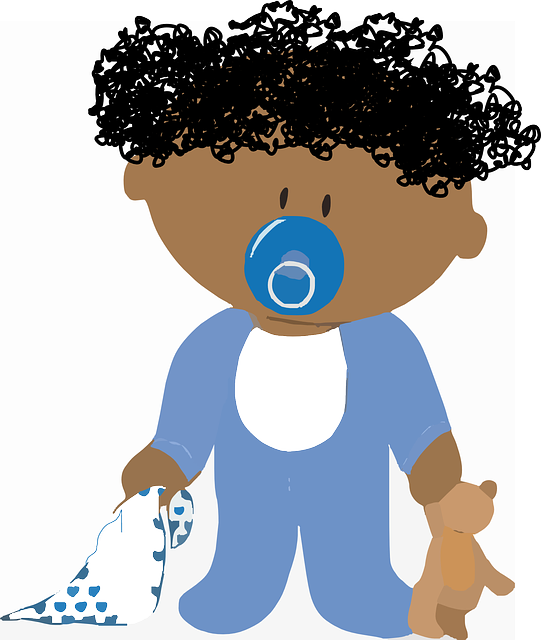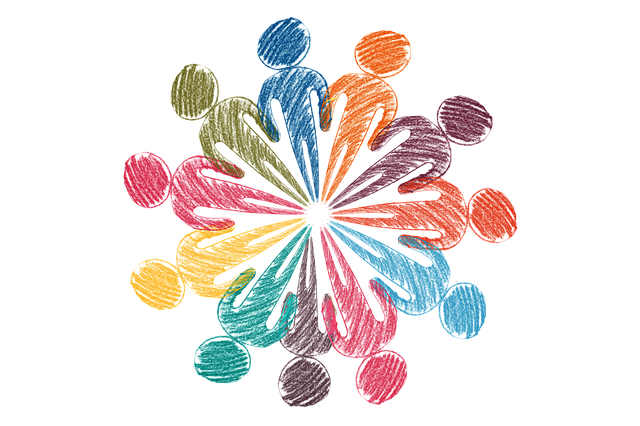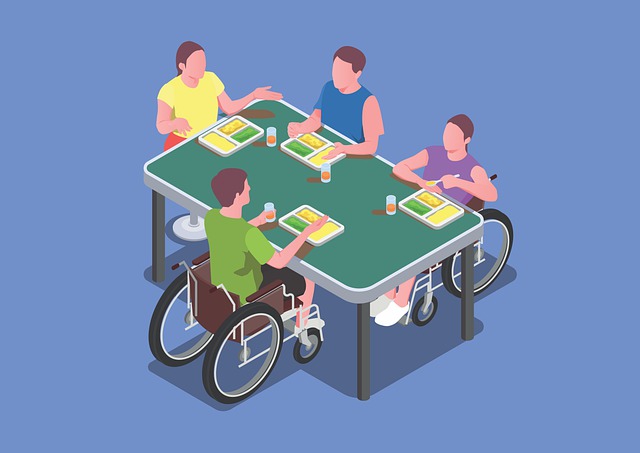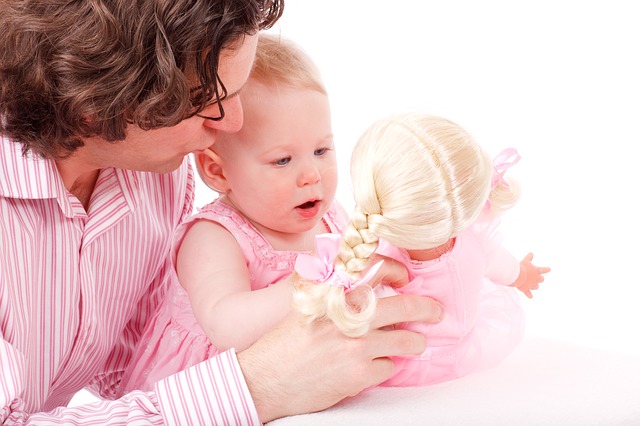
Does Pacifier Use Affect Speech Development?
Parents often wonder if giving their child a pacifier will negatively impact their speech and language development. Overuse of pacifiers has been associated with conditions that are considered risk factors for speech and language issues, such as a higher incidence of ear infections and dental problems. Prolonged sucking on a pacifier beyond 24 months may cause the palate, gums, and teeth to develop atypically. Alterations in tongue and teeth positioning may change the way a child is able to make certain sounds, thereby delaying their speech development. However, use of a pacifier with newborns can help with calming, pain management and sleep. Some studies have suggested that use of a pacifier during sleep reduces the chances of sudden infant death






